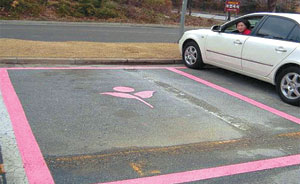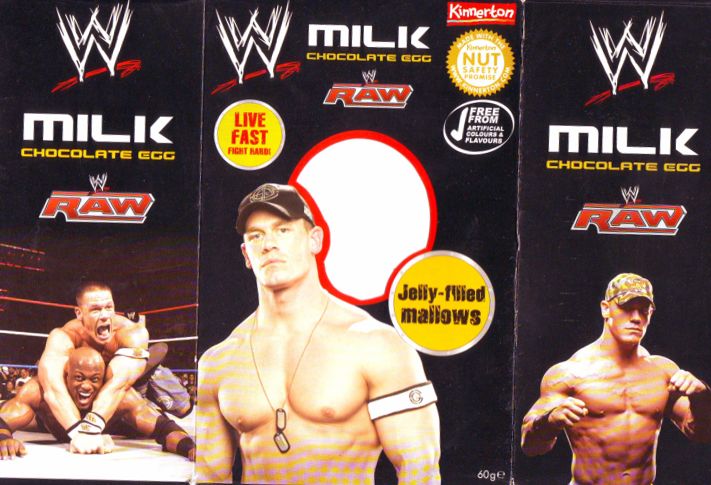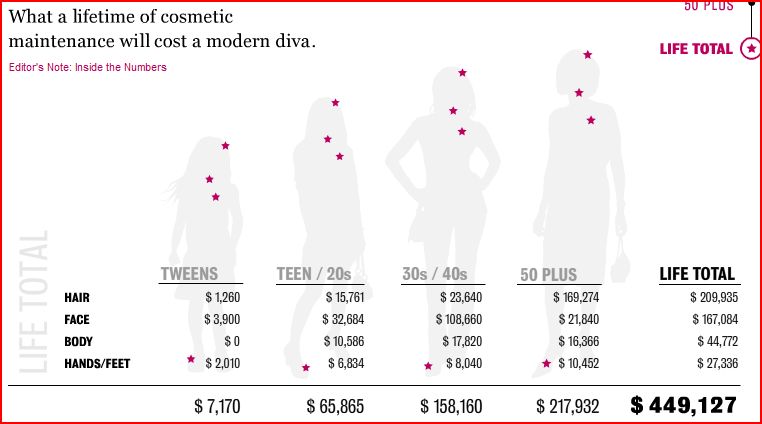In the spirit of “Obese blamed for world’s ills” comes this little ad video that shows what happens if you fail to shave your legs to absolute smoothness every single day: utter chaos. Not only will dudes be grossed out, but they could DIE!
Look, ladies, here’s how it is: even if you’re white and thin and traditionally feminine, and you wore your sandals and your cute sundress with the cleavage and you have no problem with your boyfriend groping you on public transit, if you forgot or, heaven forfend, chose not to shave the invisible stubble from your legs, YOU HAVE DOOMED ALL AROUND YOU TO MISERY. A woman may be pinned on her back under a stranger (god, it’s almost like you WANT her to be assaulted), and a perfectly innocent man who just wants to enjoy his perfectly healthy apple despite the fact that you’re not really supposed to eat on the bus will choke almost to death AND THEN EVERYONE WILL GLARE AT YOU AND YOU WILL GET A TEXT MESSAGE FROM YOUR FUTURE SELF OR SOMETHING I DON’T KNOW.
Here’s the thing: this ad would be kinda cute, in its Rube Goldberg-esque way, if it didn’t start from the premise that all women should be available to groping by men at all times. No matter how much you doll yourself up, if there is any part of you that is not sufficiently hairless and smooth, you are persona non grata in terms of beauty. Stubble turns you from a hot chick into a chick so disgusting that men actually leap away from you. You’ve ruined everything by failing to meet the endlessly exacting standards of beauty, which you can only hope to meet by buying our extra-fancy new razor or beauty creme or undergarment.
And remember, even if you look hairless, since your body is available to be groped at any time, your True Hairlessness is subject to scrutiny. If you are cursed with thick body hair, or dark hair against pale skin, you should probably just carry your fancy-ass razor along with you at all times, since your stubble might be noticeable under fluorescent light or when caressed by a (male) baby.
Because I am, as you know, a humorless feminist and a noted misanthropist, I am about to do something that is so dangerous to the fate of dudes everywhere, it will probably cause the dystopian women-only future that right-wingers have nightmares about. I live in Chicago, where it fucking snowed this morning, which should give you a sense of how many months it’s been since I showed my bare legs in public. Also, I am a very pale white woman with dark, thick hair. By now, you’ve sensed what’s coming: tell the menfolk to hide in the storm cellar lest they catch a glimpse of this, my real leg:

Behold: My hairy damn leg
I have not shaved in WEEKS. Sometime I go the whole winter without shaving at all, and then I have what I think of as a Deforestation Session in March or April. It’s odd; I’ve lived with a man for six years, but he’s never mentioned the horrible chains of events that must happen to him every day because of my hirsute natural state. He must be suffering in silence, the poor thing.
This is what the beauty ideal is designed to erase: the reality of our bodies. This is what is so scary to proponents of fancy razors, diet pills, fake tans, and all that bullshit: the fact that women have hair on their bodies, just like they’re people or something. Some women are fat and some are thin. Some women have straight swingy hair and some have kinky hair and some have frizzy hair and some just stick what they’ve got in a damn ponytail. Some women have big pillowy lips and some don’t. Some women have curves and some have rolls and some have both and some have neither. Women, just like men, live in human bodies, and human bodies are incredibly diverse. We all know that, even the most brainwashed of us: but we also know we’re not supposed to know it. If we all just said that women are real people — if we said that out loud — what on earth might happen?
Chaos would ensue. Dudes might be harmed.
(Via Feministing.)
————————————
Sweet Machine is a twentysomething queer grad student in Chicagoland, where she studies too much and fails to dress appropriately for the weather. She has been a fat kid, a thin teen, a chubby teen, a fat adult, a thin adult, and an in-between adult. She is particularly interested in the grad school-y aspects of fat, such as its intersections with gender and disability.”
If you would like to write a post for Sociological Images, please see our Guidelines for Guest Bloggers.
————————————
For more body hair confessions from Shapely Prose, visit their posts on women having hair where they “shouldn’t” and not having hair where they “should.”
And for more from Sociological Images on the hairlessness norm for women, visit our posts on shaving the hair down there (here, here, here, and especially here) and our post on early marketing of armpit shaving.







